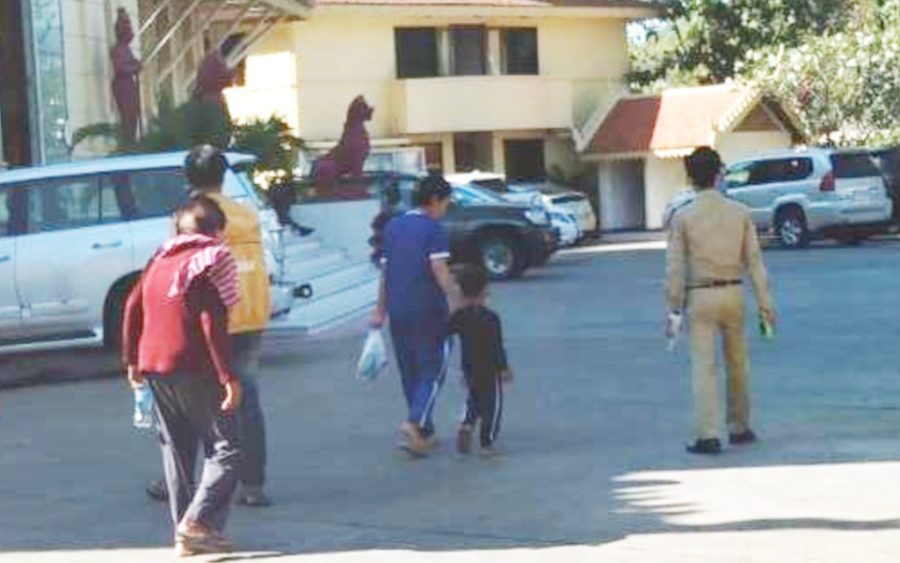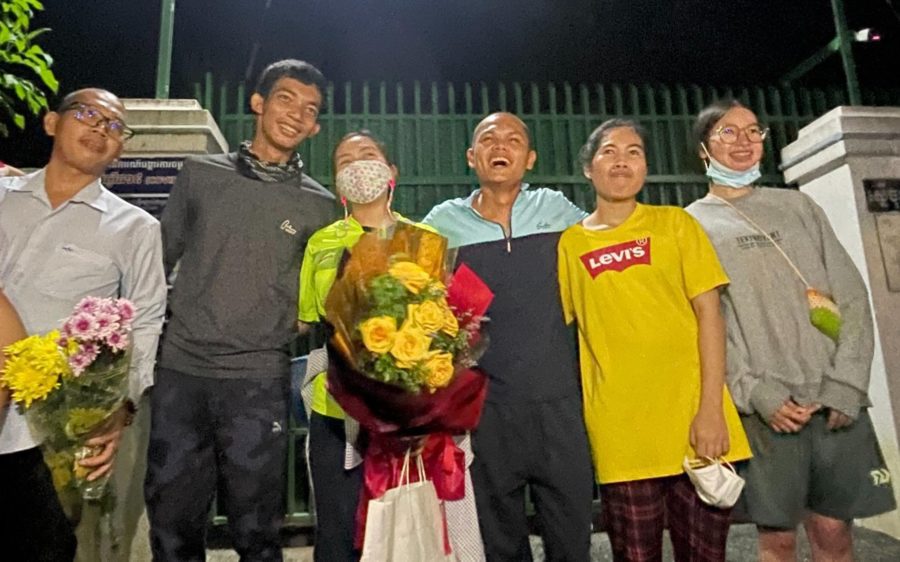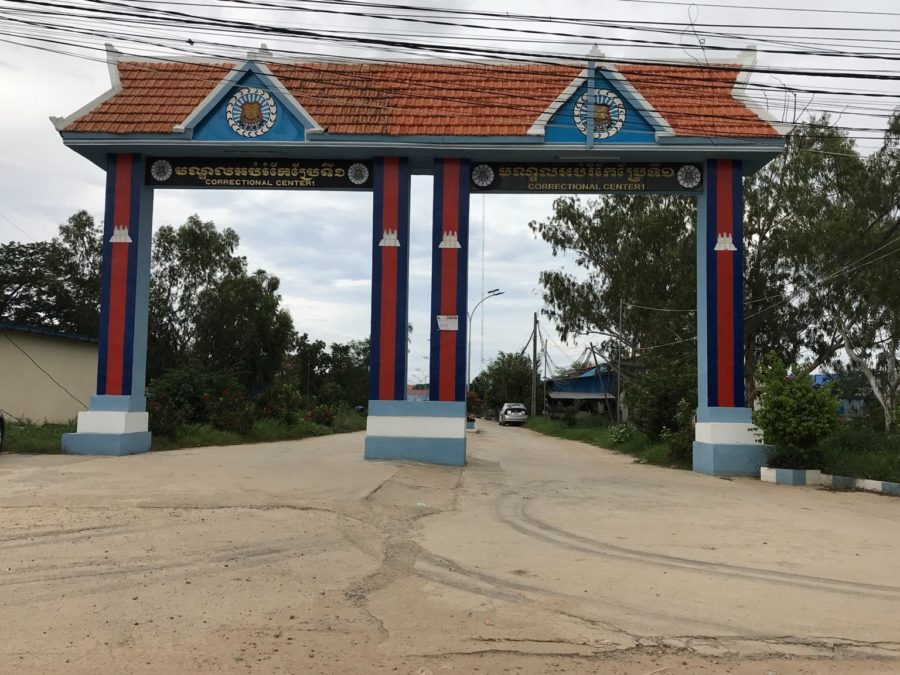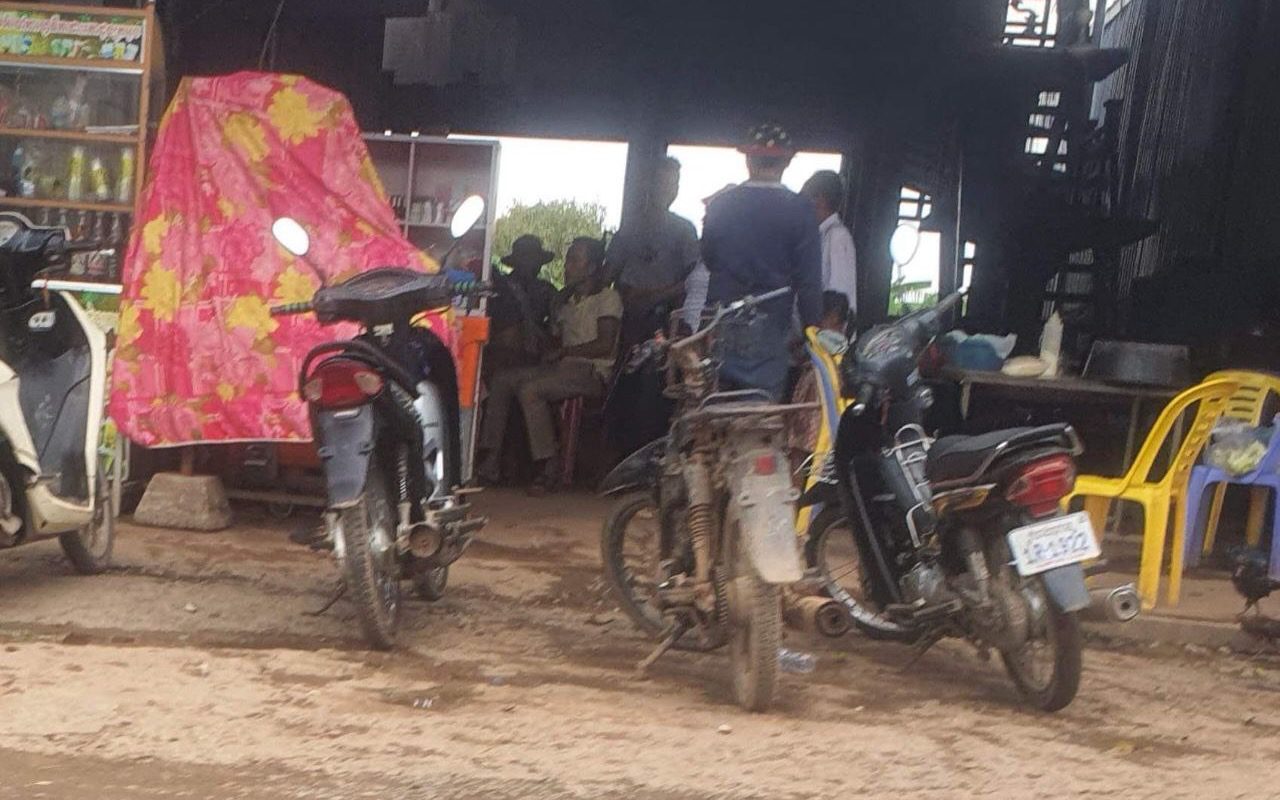Sam Da was 23 when arrested in 2020 after being found with 24 grams of meth, according to the court. She is now serving six years in jail.
Da broke down in tears at the Supreme Court on Friday under questioning.
“I needed to do an operation and I didn’t have money,” she said. “My child also needed milk powder.”
The single mother was pregnant at the time with her second child and needed medical treatment for the birth, she said. She asked the judges for a reduction in her sentence.
Judge Nil Nonn, however, said the law was clear based on the amount of drugs and purity: Sentences were five to 10 years and fines of 10 to 20 million riel, and this applied to everyone.
“The law doesn’t say that one who didn’t know can be exempt. Every person has to participate together. … This law gives no exception, and [everyone] needs to be fined,” he said.
Da’s sister, Sam Chan, said outside court that Da had been a garment factory worker in Kandal province but fell on hard times.
“I pity her but I don’t know what to do. I am an uneducated person and I don’t know where to go,” Chan said.
She said she would like the court to understand that her sister has young children and she is poor. She won’t let her sister be involved in such crimes anymore, Chan added.
“She said that if she didn’t do it, it would have been harder than being imprisoned because there was nothing to eat.”
The Kandal Provincial Court sentenced Da on July 28, 2020 to six years in prison alongside a fine of 10 million riel, or about $2,500, for possession and dealing drugs, according to documents read out in court. Da was arrested with four sachets of methamphetamine totaling 24 g, along with a scale and some other equipment.
Supreme Court prosecutor Bou Bunhang said the evidence showed Da had committed the drug dealing as charged, and that the Appeal Court had made a proper decision.
Defense lawyer Sin Soworn said Da was contesting having had four sachets, saying she only had two. She had admitted to the crime, which is why the evidence in Da’s case should be reviewed, she said.
She had lost her factory job due to Covid-19 and needed money for her pregnancy when a man offered to help her with money by transporting drugs, Soworn said.
“The first factor is her living condition,” Soworn said, “If [we] look into the fact, [we] see that it is so unjust.”
“We see that the punishment is very serious and not proportionate to what she committed,” the lawyer said.
A decision is scheduled for January 21.













